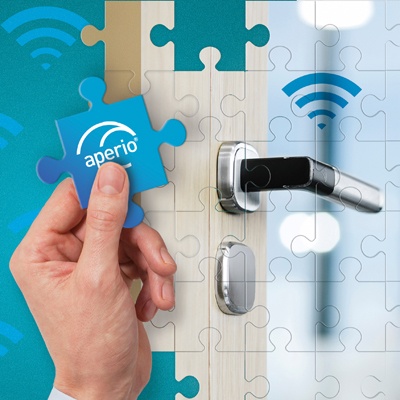 |
| Survey of 4,237 British adults found that 32% have burglar alarm in their home &, of these, only 49% set it when they go on holiday |
Research conducted by YouGov for security provider RISCO shows that householders are leaving themselves open to theft. The survey of 4,237 British adults found that less than a third (32%) have a burglar alarm in their home and, of these, less than half (49%) actually set it when they go on holiday.
Of those Britons that rarely or never set their burglar alarm, 1 in 5 admit to forgetting to switch it on, while for 13% of householders it’s because they fear getting false alarms. The same amount (13%) rarely or never set their alarm because they find it too complicated.
The 2015 Crime Survey for England and Wales (CSEW) estimated there were 800,000 domestic burglaries in 2014/2015, resulting in an average loss per incident of £2,267 and damage costing £892.
“The cost of not having an alarm – or not using the one you have – can be considerable,” said Anna Royds, Head of Marketing at RISCO Group UK.
“And it’s not just the financial impact of domestic burglary that matters. Some 80% of those who experience a domestic burglary say they are emotionally affected by the incident, with around one in four having difficulty sleeping after a burglary.”
Householders should also be aware that not switching their burglar alarm on can affect their home insurance, potentially leaving them without cover in the event of a burglary.
RISCO SmartAlarm - A smartphone-operated burglar alarm
One simple solution to forgetting to turn on an alarm is to choose one of the smartphone-operated burglar alarms now available. Indeed, the survey uncovered great interest in an alarm controlled by a smartphone or tablet, with 70% of those with a burglar alarm aged 25-34 expressing an interest. Interest is not restricted to the young and tech-savvy, either: an alarm linked to their smartphone appeals to more than 1 in 4 (28%) of those with a burglar alarm and aged 65 and over.
An alarm system like RISCO’s SmartAlarm can be operated from a smartphone app, which allows householders to set and unset their alarm remotely. Forgetting to set an alarm is easily remedied with a few swipes on a smartphone screen.
Alerts are automatically sent to a householder’s phone if the alarm is triggered, while users can even watch live images of their home on their smartphone if CCTV cameras are attached to their alarm system.
This provides an additional level of reassurance at a time when Police forces are reviewing their policies on attending home alarm activations due to constraints on budget and resources.



















